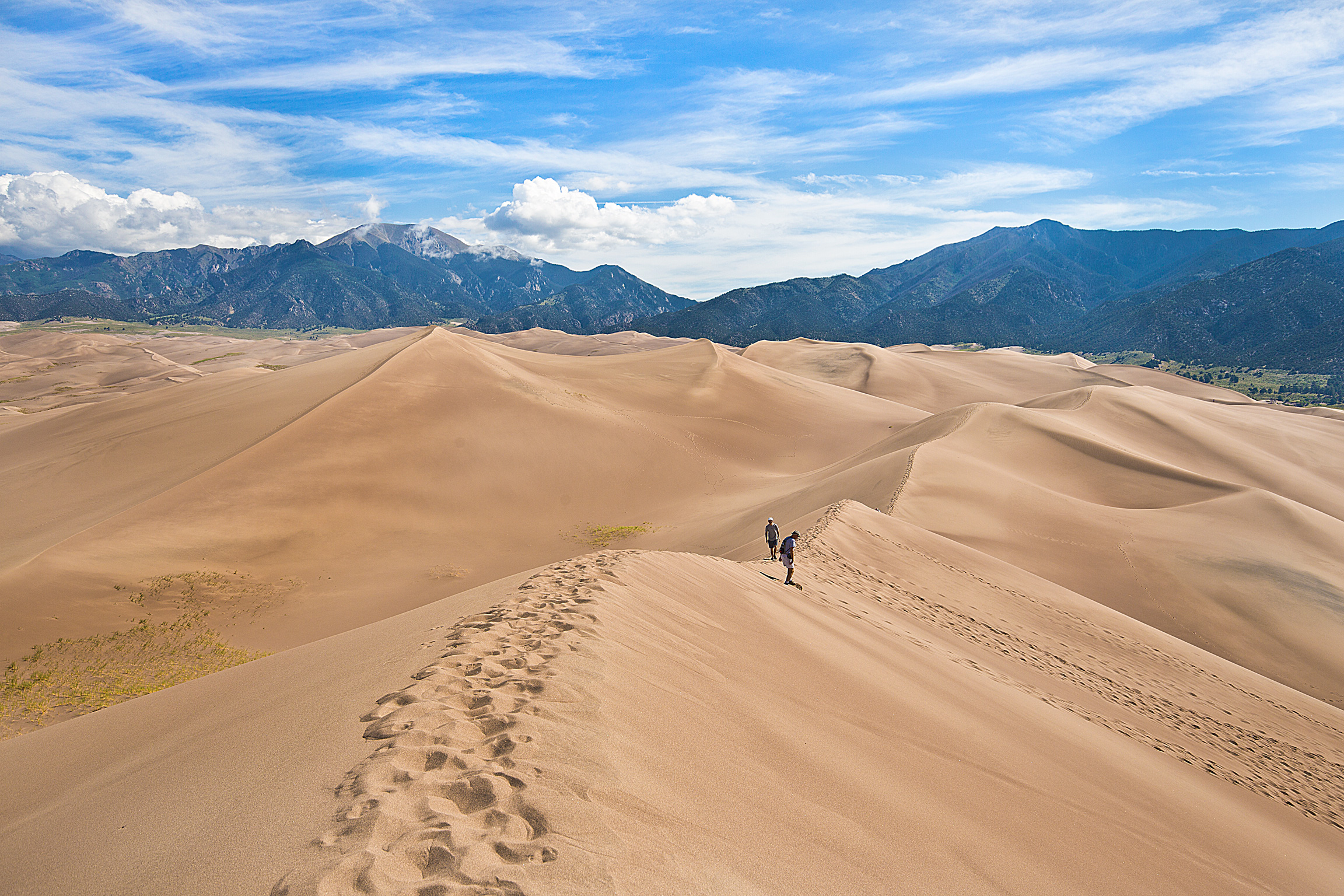
Surrounded by a lush green prairie, the massive sand dunes of Great Sand Dunes National Park exist on a strange island-like area that is backdropped by the Rocky Mountains.
Why do you travel?
For me the answer has always been about seeing and experiencing places that I would never go to as part of my regular daily routine. Trips are a pattern breaker, a step outside the comfort zone that allow me to see the world in a new light and reignite the creativity in my stagnant mind.
When I first started this quest to visit, hike, and photograph all 59 National Parks in the United States that was the mindset: to challenge the idea that I’d “already seen what my country has to offer” and document with my own eyes the incredible diversity of the United States. That mindset is what led me to Southern Colorado to the one the strangest terrains I’ve ever visited: Great Sand Dunes National Park
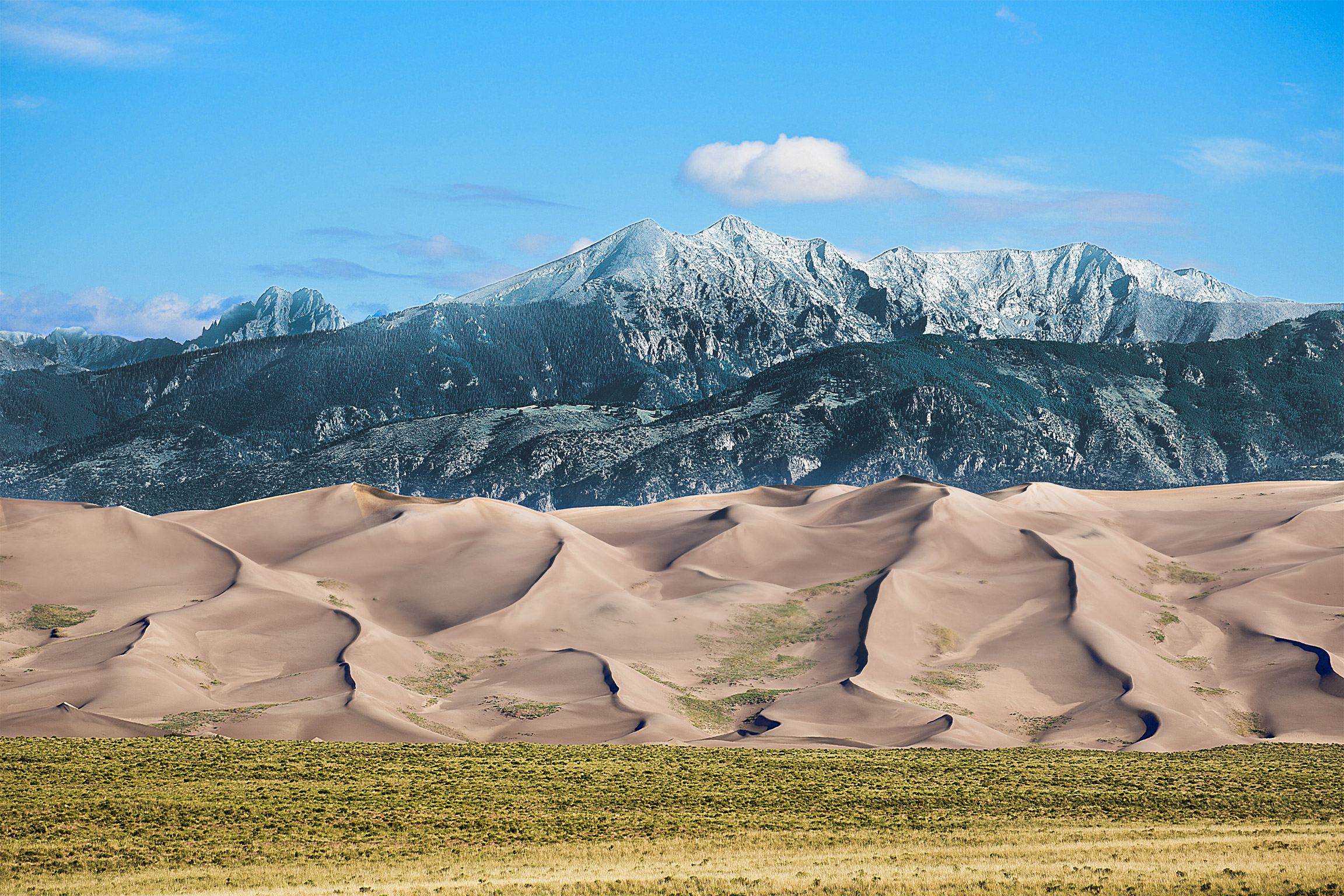
Located in the Rockies nearly 4 hours south of Denver, Great Sand Dunes National Park is characterized on one side by massive 750 foot+ sand dunes (the tallest in North America) and the other by a lush green National Preserve. I had assumed beforehand that this park would be surrounded on all sides by desert; however, once I got there it became clear that the area is anything but: big mountains, large green trees, and bright green grass encircle the giant sand dunes, which look like they were placed there artificially by a dump truck for a Hollywood movie set.
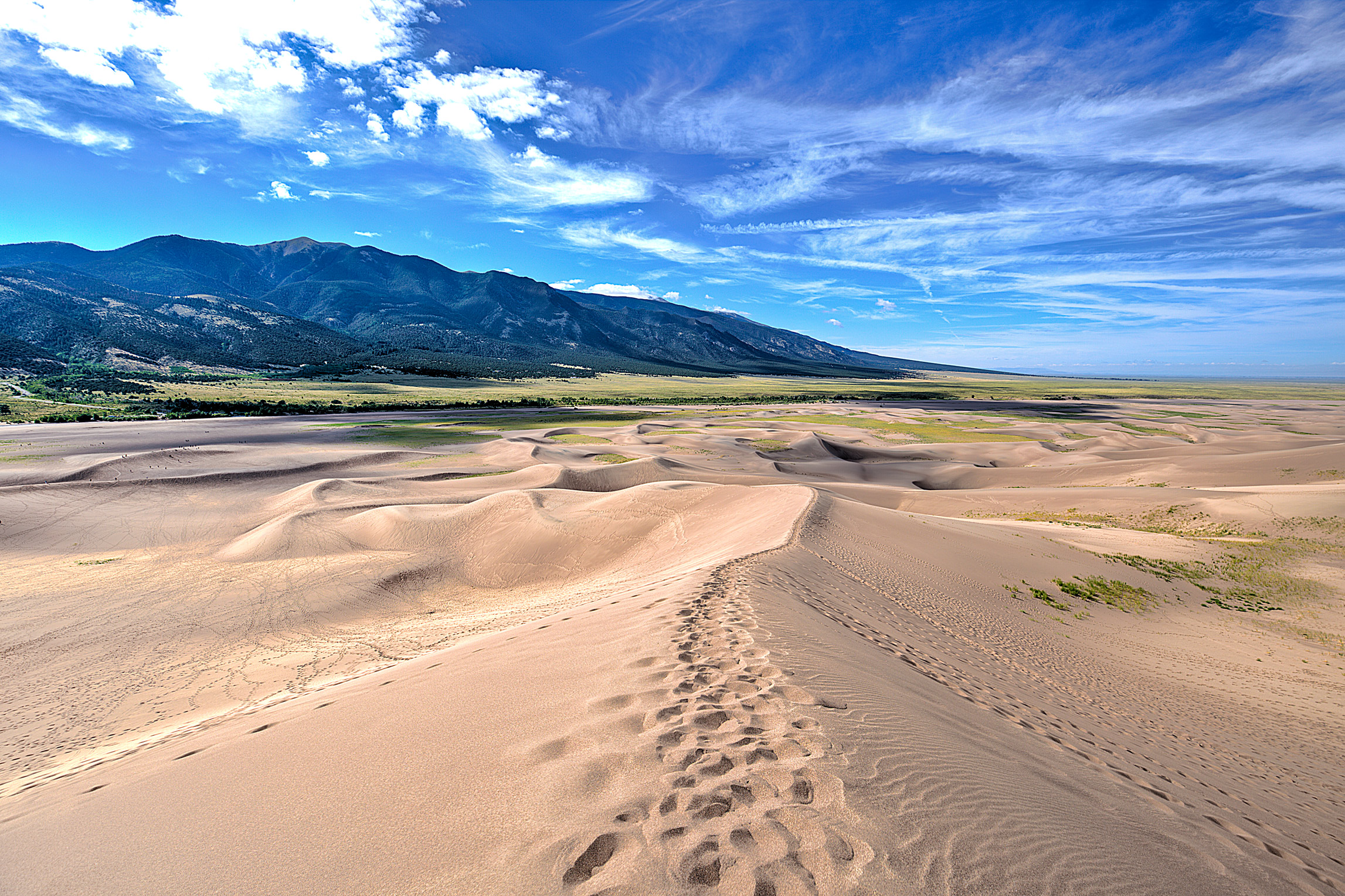
Young from a geological standpoint, with the first dunes starting to form only 440,000 years ago, the shifting winds that pass over the Rockies mean that every day and hike in this Park is unique. There are no trails or recommended routes as everyday the sand reforms itself over and over again, creating new peaks to climb and slide down. Trudging up to the tallest peak that day, which the ranger estimated was close to 800 feet, is a slow and painful process that made me fully aware of just how massive these dunes are:
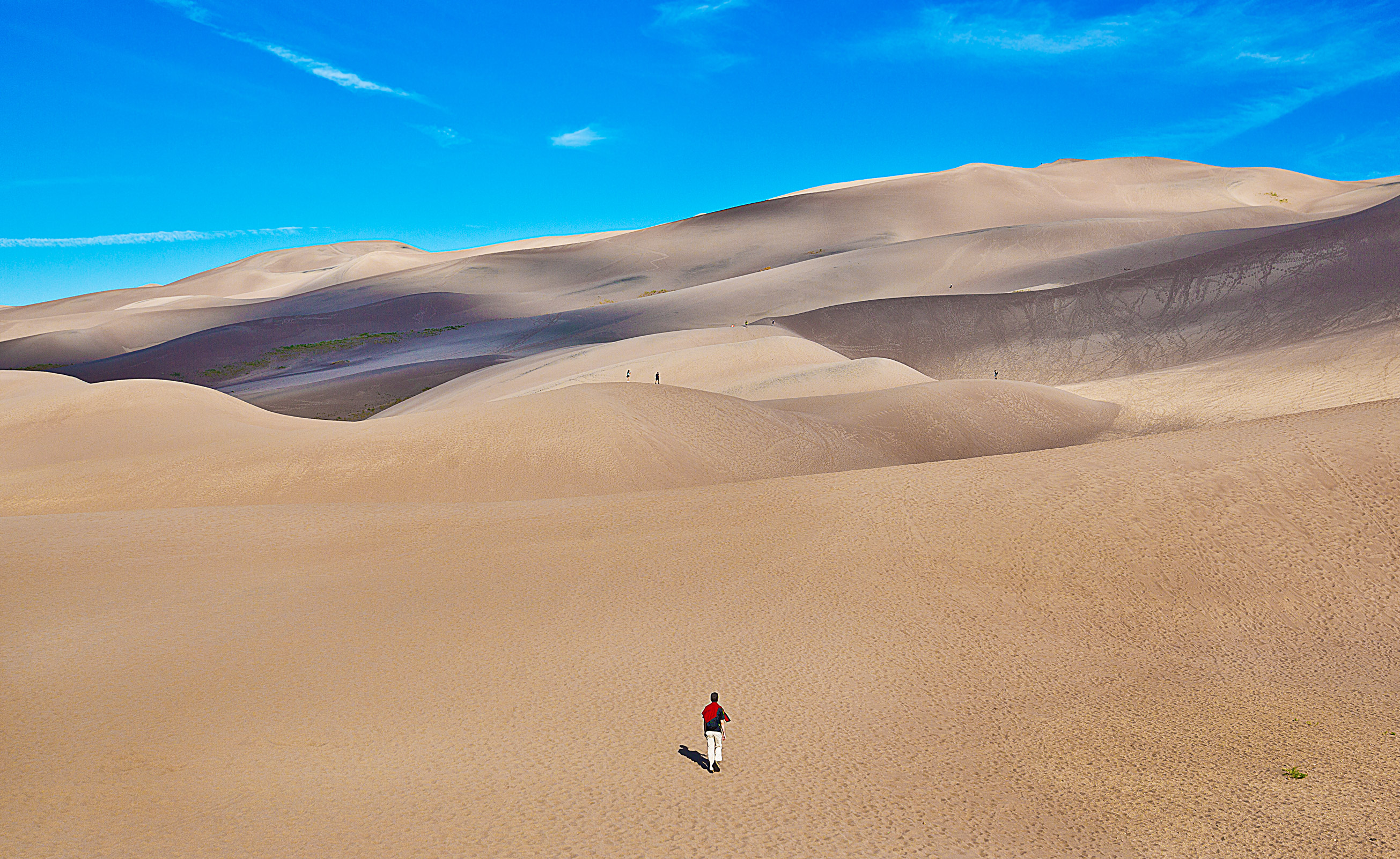
Making the critical error of wearing my heaviest hiking books (mistakenly thinking they would do a better job keeping the sand out), I found that my every step sank me further and further into the dunes as I hiked to the top, leaving a comical trail of deep foot prints behind me:
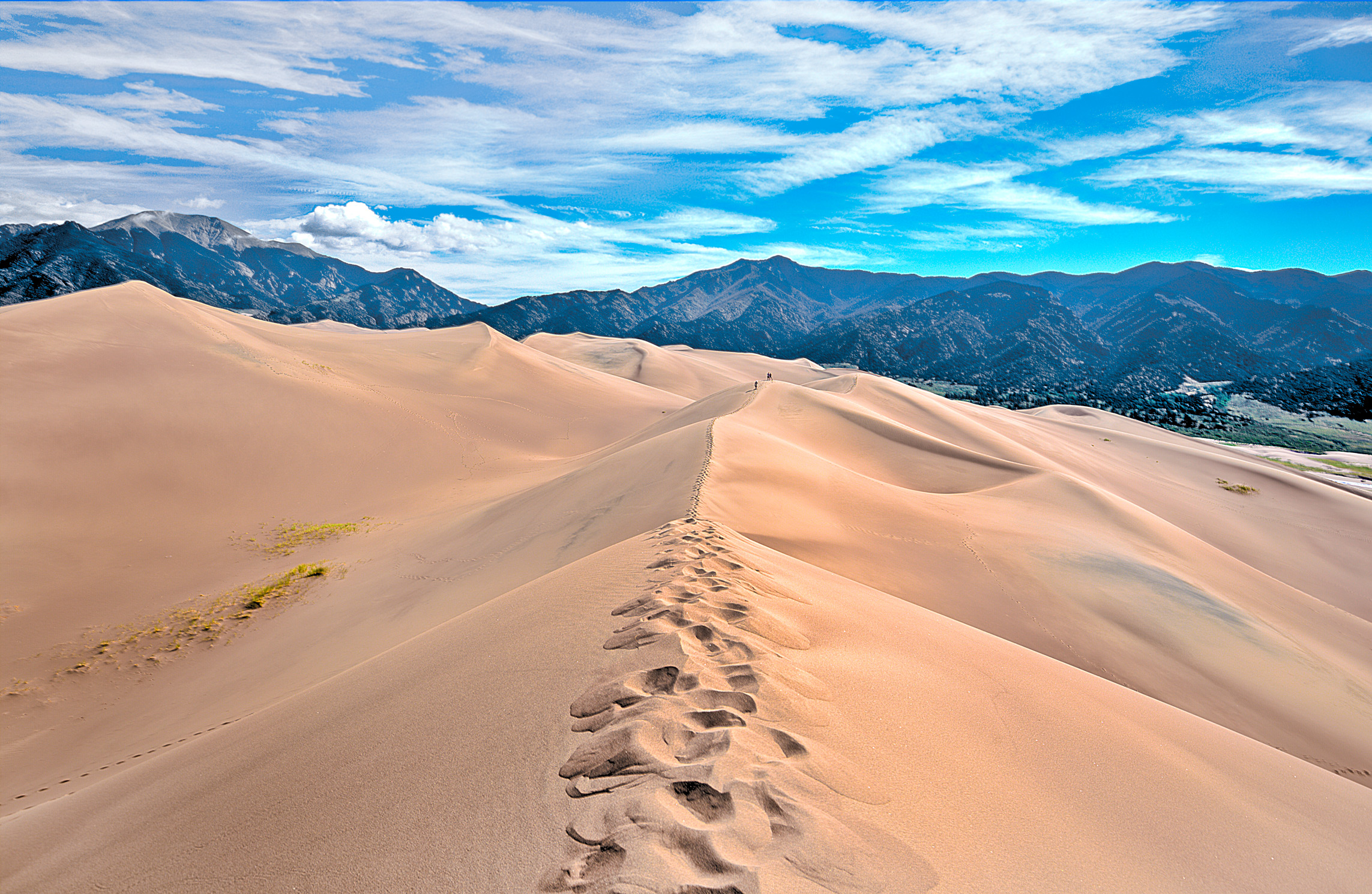
Finally reaching the top of the tallest dune, out of breath and boots full of sand, I was able to see for miles over this vast and epic landscape:
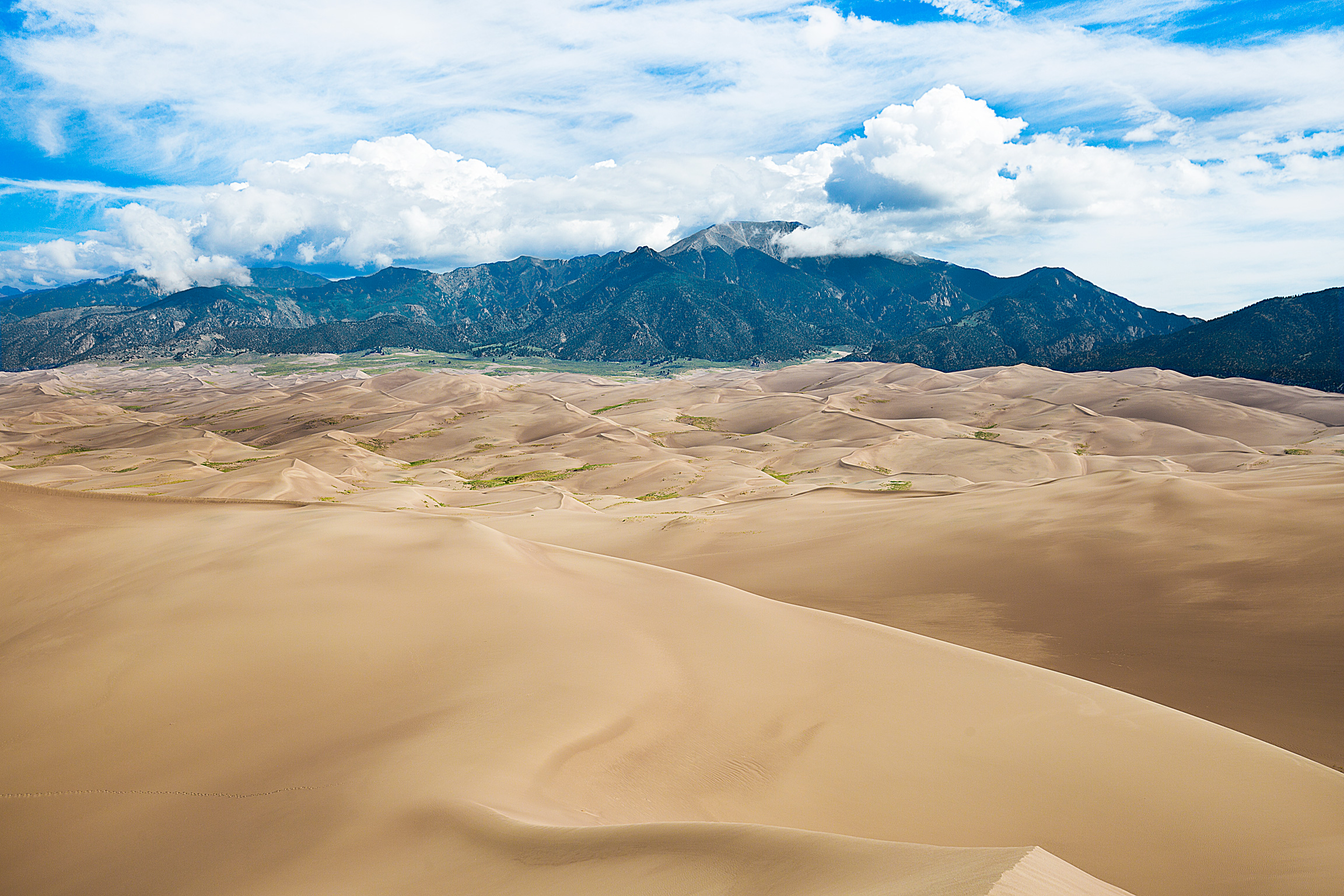
Fortunately the way back down off the dune is both easy and fun: I did a combination of sliding and running straight down the dunes, observing that others had thought even further ahead and rented sleds and “sandboards” to facilitate their high speed ride to the bottom. Some of the slopes are quite steep and would rival even the best routes at popular ski resorts:
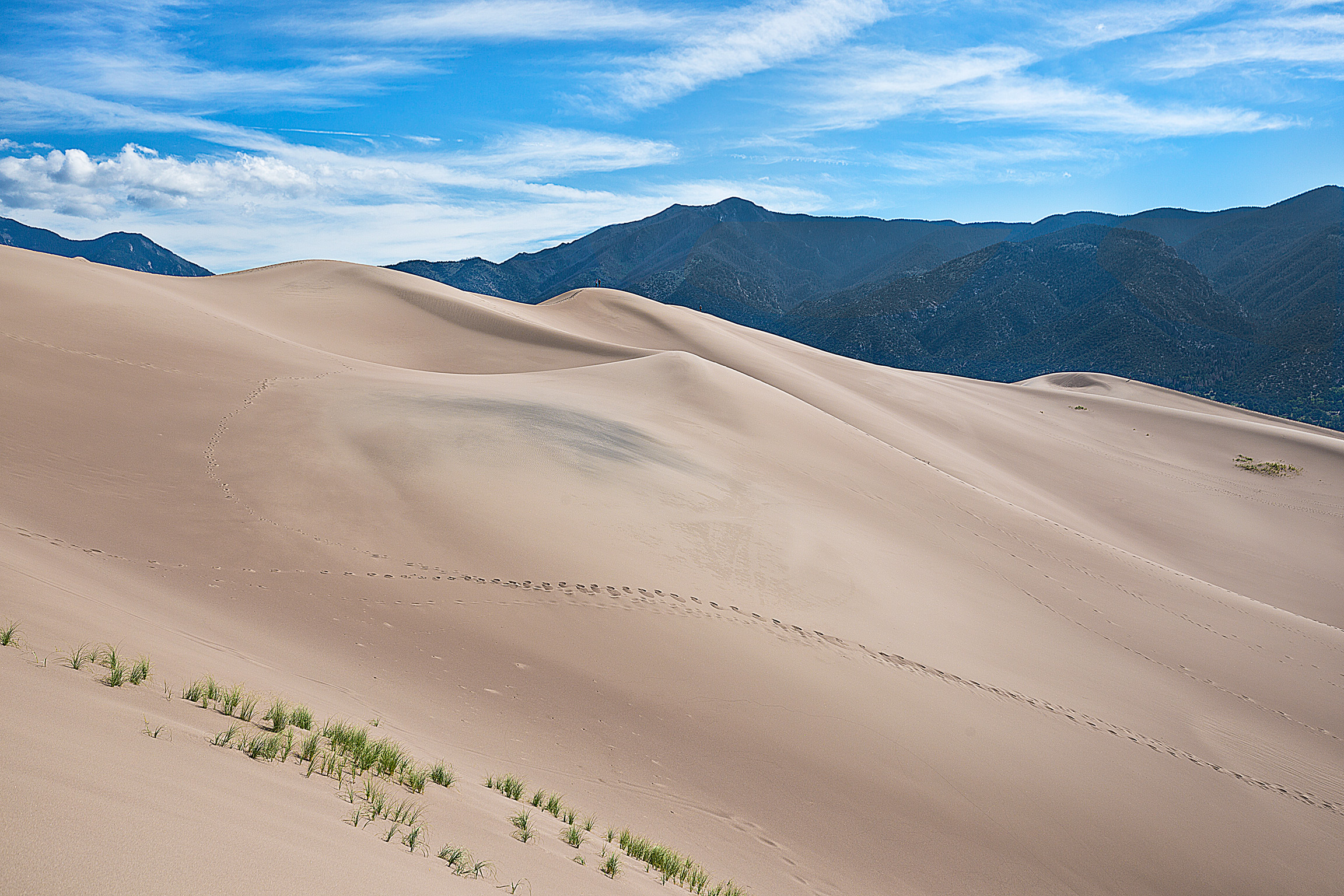
If there is one down side to Great Sand Dunes National Park, it is that outside of the sand dunes there are not many interesting things to do. The sand on the dunes unfortunately gets scorching hot at around noon (and lasts until about 3 or 4 according the ranger) making them too treacherous for all but the most determined sand sledders, meaning that further activities in the park must take place in either the visitors center or the Preserve.
The park is also extremely remote, with the closest big down being Pueblo nearly 2 hours away, so non-camping visits are likely limited to just day trips. I arrived in the morning at around 8am and was gone by 2pm and felt satisfied that I had experienced the main things the park has to offer. The only thing I would likely do differently is to figure out where to rent a sand sled, so next time I can hit the dunes in style!
Next up I will be posting about my trip to the Grand Canyon, and after that the remaining two parks in Utah. So long for now!
-MB
P.S. Bonus Images:
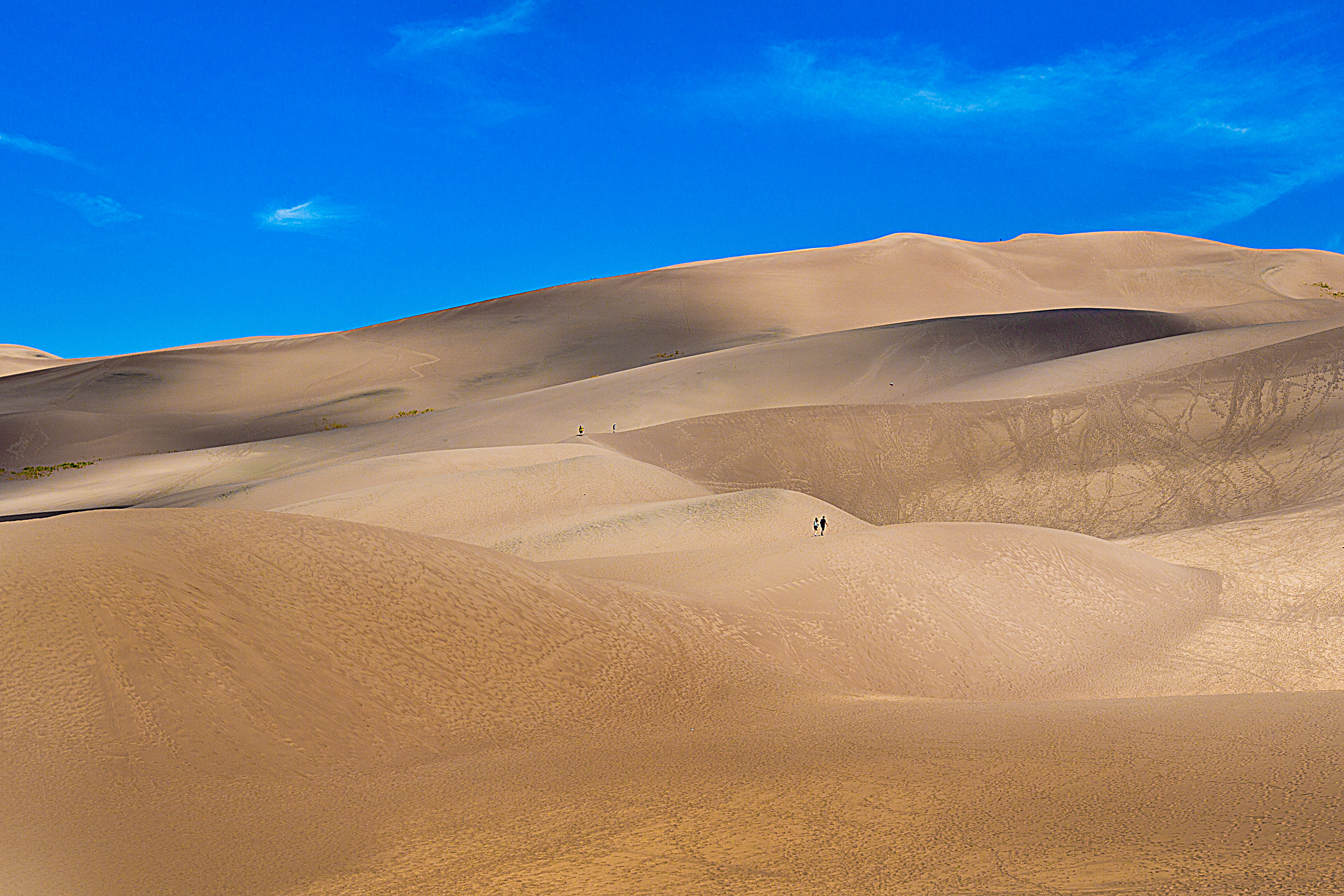
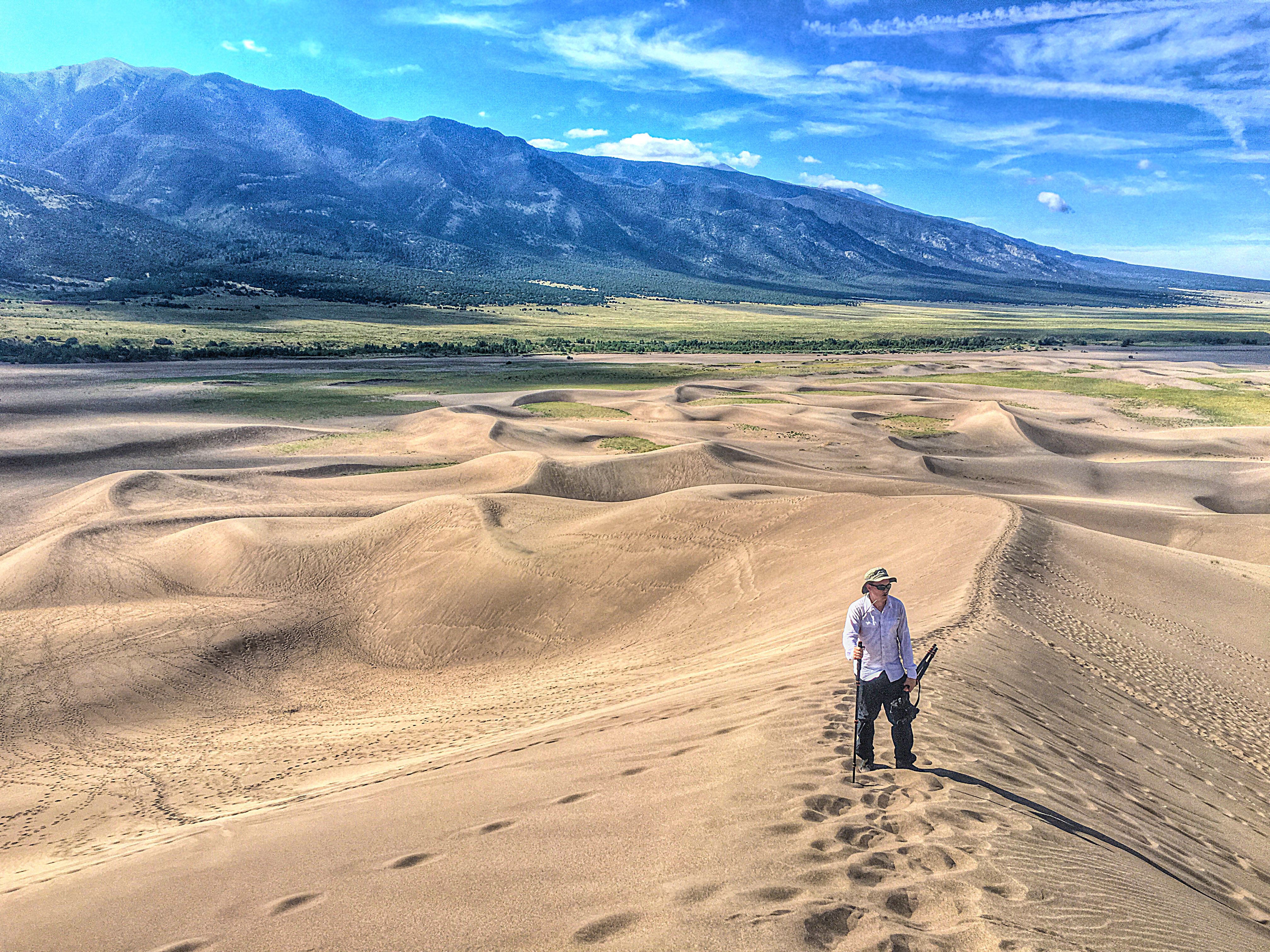
Categories: US National Parks

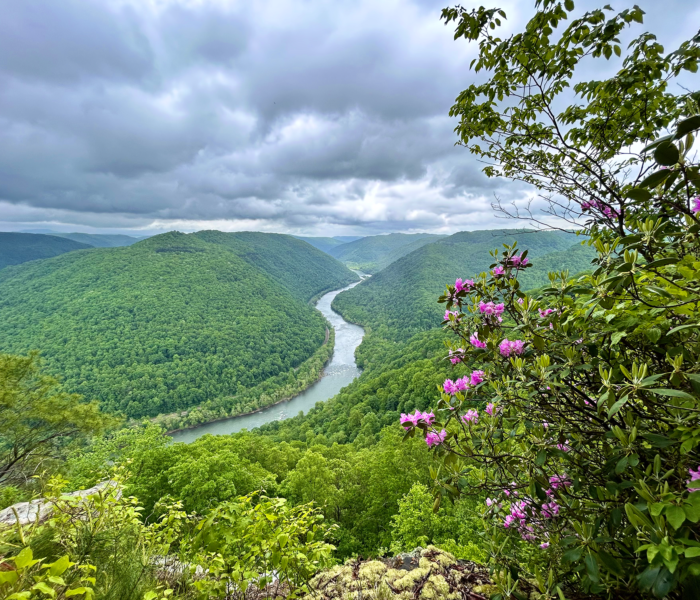
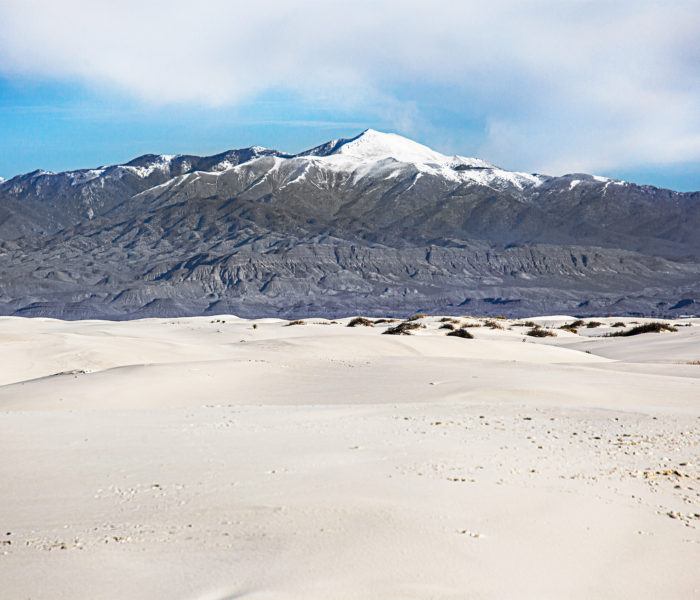
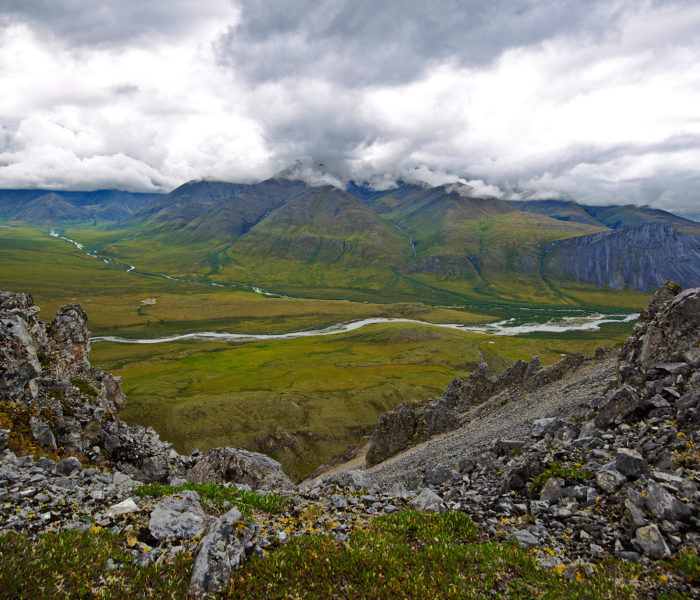
[…] nice- while they can be quite steep, the sand is much harder than at other places like the Great Sand Dunes in Colorado and I found it very easy to maintain my footing and keep my boots (mostly) […]